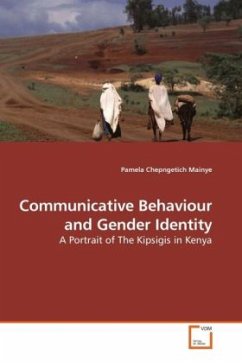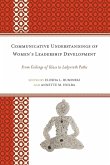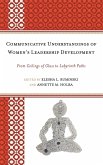Scholars are in agreement that men and women communicate differently and that the use of language in many ways may reflect a person s age, status and gender.Equally true is the time tested assertion that communication plays a role in the construction of an individual's gender identity.While many scholars have engaged with the concept of communication and Gender, the bulk of these researches have had a western focus. Accordingly,little attention has been given on how similar dynamics occur within post colonial African communities. In an ethnographically rich exposition, this book explores how communication plays a pivotal role in understanding the construction of gender among the Kipsigis, Kalenjins most populous ethnic group.Providing a fresh addition to the study of gender and communication,the book explores both the verbal and non verbal dimensions of communication as observed on a day to day basis among the Kipsigis.This publication is relevant for scholars in the field of gender and communication.Practioners and policy makers in gender related fields will find this work invaluable.
Bitte wählen Sie Ihr Anliegen aus.
Rechnungen
Retourenschein anfordern
Bestellstatus
Storno








